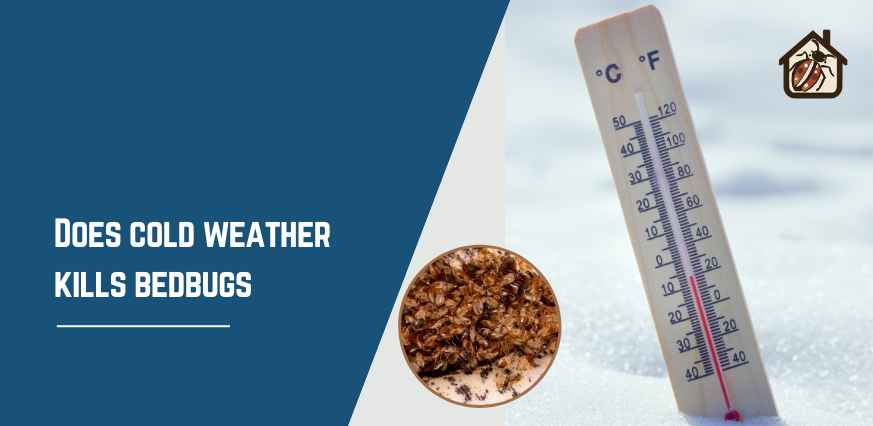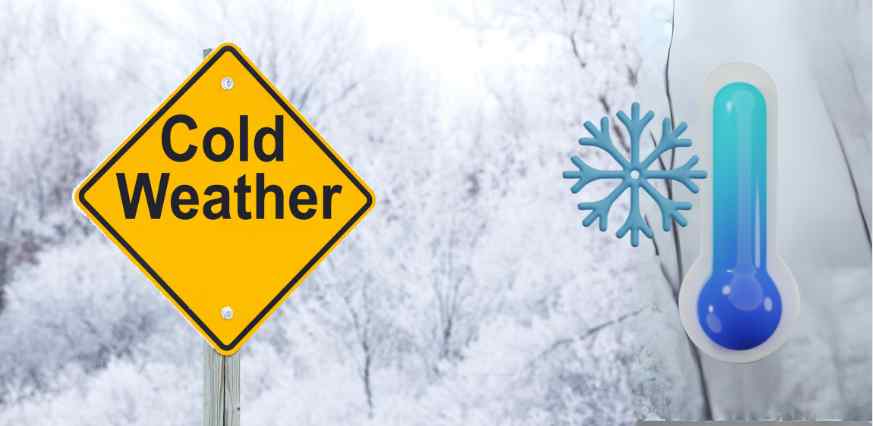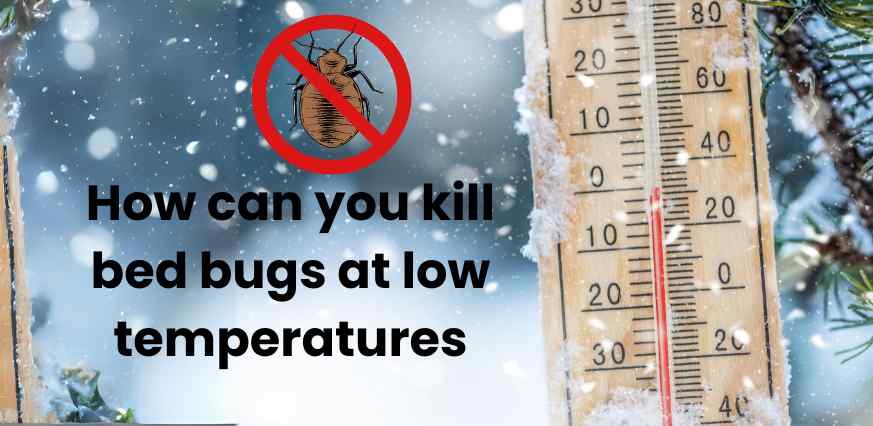
Does cold weather kills bedbugs
Most bugs stop coming out when winter begins. They become very inactive when the cold hits. So, one can only hope bed bugs act the same way so we can get a break from them. But they are a different case.
Bedbugs are such a pain in the neck. And if you have an infestation, we just know that you have gone through different ways of keeping them away or getting rid of them. This article will walk you through does cold weather kills bedbugs.
Why does cold weather not kill bedbugs?

Does cold weather kills bedbugs
It is so simple. The cold weather does not kill bedbugs because they live off humans and pets. We usually keep ourselves warm so it is natural that bed bugs are warm and safe with us. We may not want that to happen, but that is how it works.
You may be wondering if they hibernate. No, they do not, so cold weather does not affect bedbugs. That being said, cold does kill bed bugs. But they need to be exposed to very low temperatures for a significant amount of time.
To kill the bed bugs at -16°C, you’ll need to let them be for over 84 hours. To make this process faster lower the temperature to -15°C in 80 hours. You can also decrease the temperature to 20°C to remove bedbugs in 2 days.
They may go into hiding or get into the state of ‘diapause’ when there is an extreme drop in the temperature. You may confuse it with ‘Thank God the cold got the bedbugs!’ But, this is just monetary until they feel the temperature is just right for them.
How can you kill bed bugs at low temperatures?

You may have heard of contraptions that freeze the bedbugs to death. Yes, they do work, but as said earlier, you will have to freeze them for quite a while.
This is because they may enter a state of ‘diapause’ during harsh conditions such as sudden temperature drops. You may confuse the immobile bedbugs with dead bedbugs.
If you or someone you know has a bedbug infestation, you should call a professional to help you eradicate the bedbugs. Bedbugs do not like the cold, but just because you don’t see them does not mean they’re not there. This is why if there are signs like bite marks, their exoskeleton, or eggs, immediately seek professional help.
You may also like:
Does dry cleaning remove bed bugs
How do bed bugs bite through clothing
Why are bed bugs so hard to eliminate


